Surety Bonds
Bonds help protect your business from financial losses resulting from unfulfilled contracts and incomplete jobs. If a contract is broken, a surety bond requires compensation to be paid to the obligee.
At Acentria Insurance, we offer two primary types of surety bonds: commercial and construction bonds to meet the unique needs a business may be contracted to complete.
- Construction Bond – A construction bond is guaranteed by a third party (insurance company or surety) to finalize construction in accordance with the terms of the contract in the event the contractor fails to perform according to the terms of the contract. The following outlines the types of Construction Bonds:
- Bid Bonds – Provides a financial guarantee that a bid has been proposed in good faith. When a surety issues a bid bond to a contractor, they are assuring the contractor will enter into the contract at the bid price. It supports that the contract is qualified for the necessary Performance and Payment bonds.
- Payment Bonds – Guarantees the contract will pay the suppliers, laborers and subcontractors involved in the project.
- Performance Bonds – It is required by the obligee (owner) to insure against loss in the event the contractor (principle) is incapable of performing the contract according to its terms and conditions.
- Maintenance Bonds – Guarantees against faulty workmanship and materials for a specific period of time.
- Supply Bonds
- Subdivision Bonds
- Site Improvement Bonds
- Commercial – Commercial bonds are designed to protect businesses and ensure the associated organization or individual complies with an agreement. Many states require commercial bonds for certain industries. Some examples of commercial bonds include:
- Business Service Bonds
- Court Bonds
- Custom Bonds
- Employee Theft Bonds
- License and Permit Bonds
- Lost Title Bonds
- Janitorial Service Bonds
- Sales Tax Bonds
- Utility Bonds
A surety bond, or sometimes referred to as a contract bond, is a three-party agreement that upholds a guaranteed adherence to a commercial contract. The three parties involved are the principal (bond purchaser), the surety (guarantees the obligation of the bond), and the obligee (receives the benefit of the bond).
Surety bond cost ranges, depending upon the type of bond and amount of coverage. Typically, premiums fall between 1-15% of the total surety bond amount and are also affected by the applicant’s credit score and financial history.
An indemnity agreement is a contract associated with a surety bond. By signing, you are legally obligated to pay any claims caused by you. You must enter into an indemnity agreement in order to purchase a surety bond.
No. However, your credit score will greatly affect your premium rate. Sometimes, co-signers may be used to lower a surety bond quote.
Yes; contract surety bonds require CPA financial statements.
Three parties work together on Surety Bonds: the principal, the surety and the obligee.
The principal is the entity that purchases the surety bond and completes the contracted work. It’s the principal’s responsibility to do a quality job in a timely manner, as agreed upon in the contract.
The surety issues the bond itself, providing a financial guarantee for completed work from the principal as set forth by the contract.
The obligee, who required the bond purchase from the principal, can make a claim for payment from the bond if the principal does not complete the work as contracted. The claim cannot exceed the amount of the bond.
In the event of a claim, the principal has to pay the amount to the surety.
Take the Next Step
Our team of professional agents at Acentria are well-versed in both commercial and contract bonds – and ready to help you make a decision that’s smart for you and your business.
Thought Leadership

Flooding Happens Everywhere: Why Flood Insurance Matters
According to the Federal Emergency Management Agency (FEMA), floods are one of the most common natural disasters in the United States. Floods have many causes

Essential Tips for What to Do After a Hurricane
With hurricane season in full swing, knowing what to do after a hurricane is essential. The immediate aftermath can be overwhelming and knowing where to

Summer Sun Safety Tips
As the temperatures rise and the days grow longer, summer invites us to enjoy the outdoors, whether it’s at the beach, a backyard barbecue, or



















